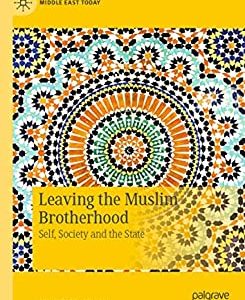Homes for unmarried men and women, or Ledigenheime, were built for nearly every powerful interest group in Germany-progressive, reactionary, and radical alike-from the mid-nineteenth century into the 1920s. Designed by both unknown craftsmen and renowned architects ranging from Peter Behrens to Bruno Taut, these homes fought unregimented lodging in overcrowded working-class dwellings while functioning as apparatuses of moral and social control. A means to societal reintegration, Ledigenheime effectively bridged the public-private divide and rewrote the rules of who was deserving of quality housing-pointing forward to the building programs of Weimar Berlin and Red Vienna, experimental housing in Soviet Russia, Feminist collectives, accommodations for postwar “guestworkers,” and even housing for the elderly today.
“In Search of Our Frontier: Japanese America and Settler Colonialism in the Construction of Japan’s Borderless Empire (Asia Pacific Modern Book 17)” has been added to your cart. View cart
-65%

Juvenile Crime and Dissent in Nazi Vienna, 1938-1945
$103.50 Original price was: $103.50.$36.22Current price is: $36.22.

Sectarianism and Renewal in 1920s Romania: The Limits of Orthodoxy and Nation-Building
$103.50 Original price was: $103.50.$36.22Current price is: $36.22.
Single People and Mass Housing in Germany, 1850–1930: (No)Home Away from Home (Visual Cultures and German Contexts)
$103.50 Original price was: $103.50.$36.22Current price is: $36.22.
Please note this is an Ebook, not a Paperback Or Audio Book!
SKU:
978-1501342721
Category: History
Description
Unsettling traditional understandings of housing reform as focused on the nuclear family with dependent children, Single People and Mass Housing in Germany, 1850-1930 is the first complete study of single-person mass housing in Germany and the pivotal role this class- and gender-specific building type played for over 80 years-in German architectural culture and society, the transnational Progressive reform movement, Feminist discourse, and International Modernism-and its continued relevance.
Shipping & Delivery









